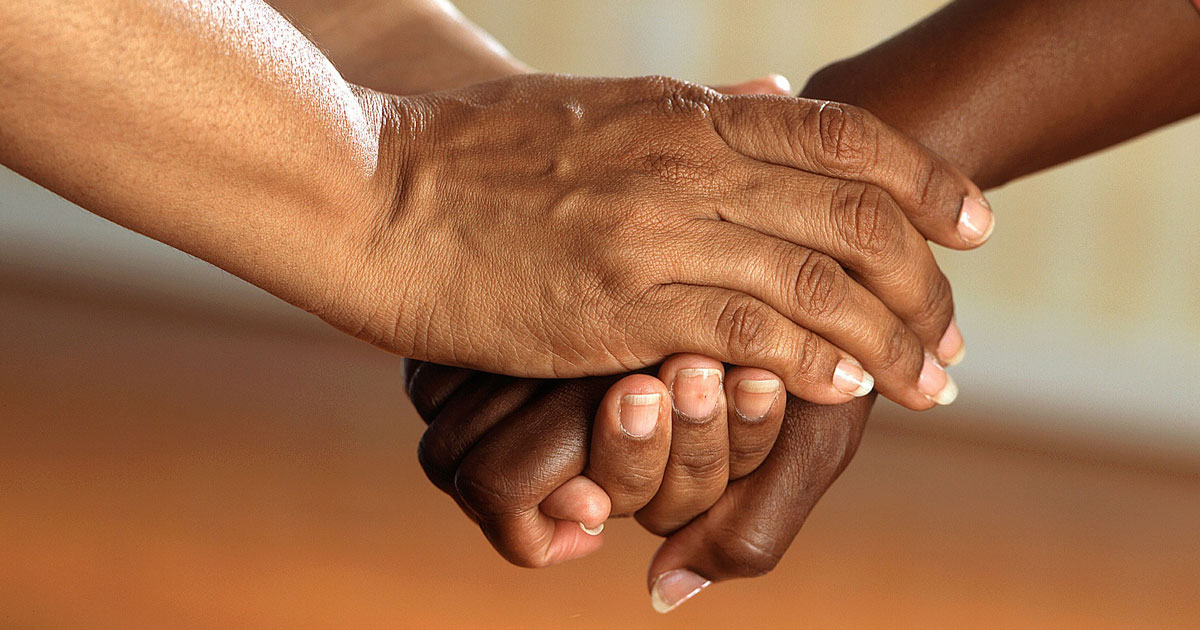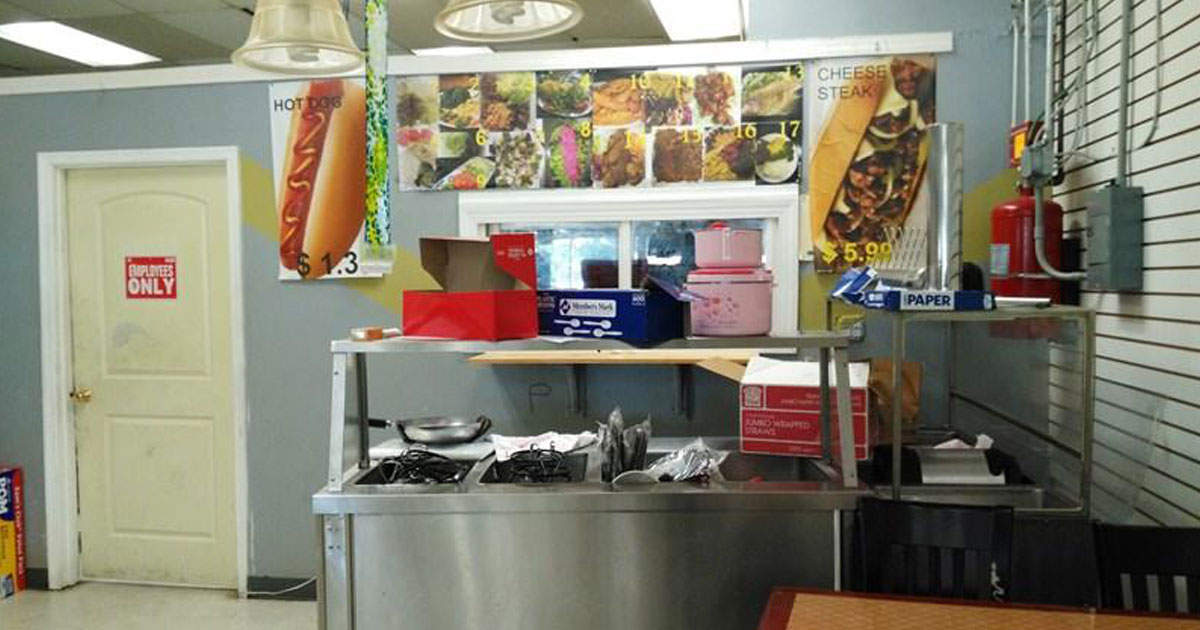Stronger Together: How One Haitian Immigrant Supports Her Community

[Editor’s Note: This guest post is written by Jean Schrecengost, our Environmental and Occupational Health Intern at MCN’s Salisbury, Maryland office. Jean has joined us for the summer break from graduate studies in conflict analysis dispute resolution at Salisbury University. She is currently helping develop an outreach program to educate immigrant communities and the larger community in order to cultivate tolerance and acceptance.]
Just two hours from Washington, DC is Salisbury, Maryland, the largest city on the Eastern Shore of Delmarva, the agricultural peninsula extending out from the Chesapeake Bay. Temporary and unskilled workers are in high demand. Many employers find it difficult to fill all their seasonal and unskilled jobs with local employees, making them dependent on transient, unskilled, and desperate workers.
Michelle, a Haitian mother of four, and I sit in her Caribbean restaurant across the street from a Perdue chicken processing plant in Salisbury. She recounts her first job in the United States at Perdue, stuffing and packing birds: “[It] was a good job, but it was so hard,” working late hours while going to school and juggling family needs. She climbed up from being the new Haitian school girl struggling to command the English language, to a restaurateur. After 16 years in Salisbury, she is autonomous in a world that struggles to take into account the struggles of newcomers with less-than-perfect English.
Haitians come here because “they wanna work…they will go anywhere they can get something to survive,” Michelle says. According to Migration Policy Institute there are roughly 615,000 Haitian immigrants in the US. A local Haitian community leader estimates that there are over 7,000 Haitians on the Delmarva Peninsula alone. While an important segment of the local workforce, Haitians cannot access many community services geared toward their needs. Michelle has found herself filling a void because “when people ask assistance for paperwork and you don’t find it in this area at all” someone has to help. Michelle continues: “I help them with paper translations [like] birth certificates, immigration, social security… Whatever the basic necessities to help, I will do it.” Mostly, she seems disappointed that the closest assistance organization from her perspective is the Catholic Charities in Baltimore, which requires one to arrive there by 2am and camp out in hopes of being one of the five people accepted per day at 8am.
Haitians come here because “they wanna work…they will go anywhere they can get something to survive.”
At home in struggling Haiti, with few resources or jobs to sustain themselves, many Haitians manage to reach the United States borders legally in search of opportunities. They know the right steps and the right people necessary to gain legal access to the United States. Others are not so lucky. They brave a long journey few can imagine by way of Brazil, crossing Central America and entering into Texas or California.

Michelle came to the US from Haiti without knowing much English. Now, she owns and operates a restaurant, and assists the local Haitian community in her spare time.
One story that Michelle impressed upon me is that of a young mother who birthed her child in the middle of this journey. She was fleeing the daily fight for survival in hopes of jobs and better opportunities for her unborn child. She arrived on the US border with a newborn in her arms and hope in her heart. They prioritized her case for quick release but she was left at the detention center’s doors with only a packet of papers (in English) and the baby in her arms. What next? What if she did not have family to house her or friends to guide her to the immigration or social security offices for processing?
That’s where community members like Michelle step in. “If you don’t find nobody to help you with paperwork, you [stand] here looking at me, time is flying, you have something in order for you to get social security -- [but] you have to apply for that card,” Michelle says. “Even though they release you with that paperwork, you have to do more.” Many released detainees are eligible to work legally for three years. Those that flock to the Eastern Shore of Maryland need to continue processing their immigration paperwork in order to attain their social security card with little formal assistance, according to Michelle.
She explains that the ports of entry like Miami, Florida have excellent organizations that have provided newcomers with various services. Something like understanding the route to complete social security forms or immigration paperwork can be daunting. The greatest gap is in communication. There are few translators or clear, condensed directions for people to follow. Michelle’s frustration comes out as she says, “they just release them, you got me? They just release them. This is not enough.” Michelle insists that new immigrants need step-by-step instructions that clearly outline the path to completing one’s paperwork. Without it, guests and newcomers in the community become stressed by the lack of guidance and they miss the opportunity to gain legal status associated with immigration and social security cards. When new immigrants are unable to complete their paperwork, they are left in limbo, unable to better themselves as well as our society.
Through hard work and perseverance, Michelle made a life and a home here in Salisbury, Maryland. Thankfully, she is able to help others transition successfully into the US. Without people like Michelle in the community, many more Haitians would find themselves in the limbo of bureaucracy.
Like what you see? Amplify our collective voice with a contribution.
Got some good news to share? Send it to us via email, on Facebook, or on Twitter.
Return to the main blog page or sign up for blog updates here.
- Log in to post comments